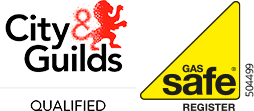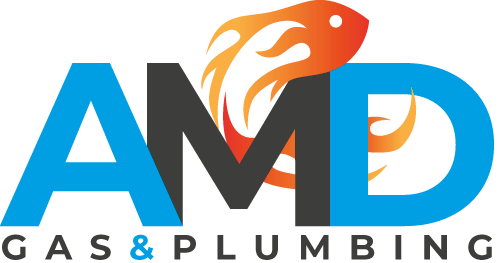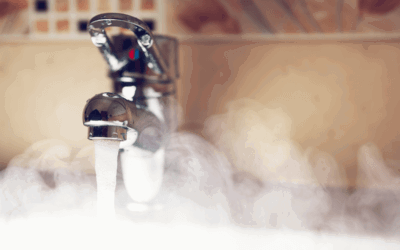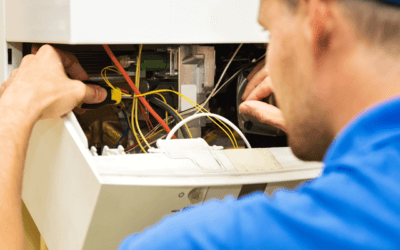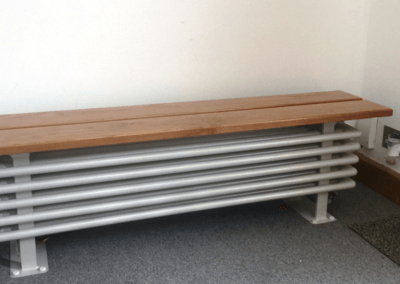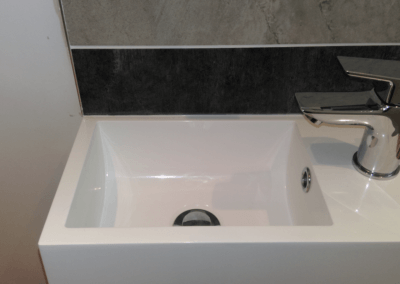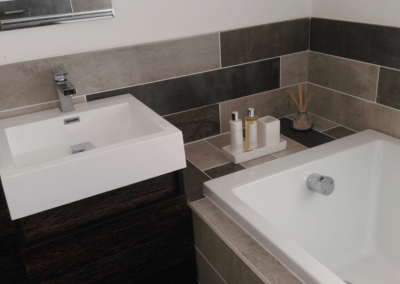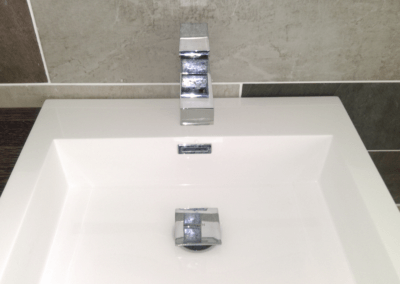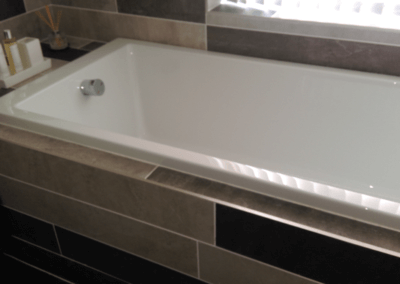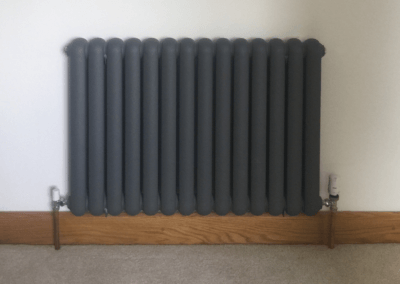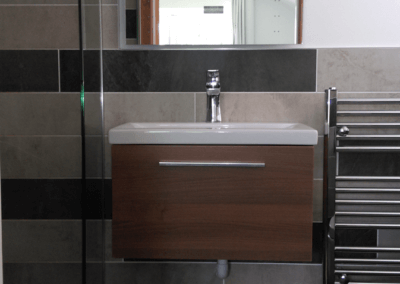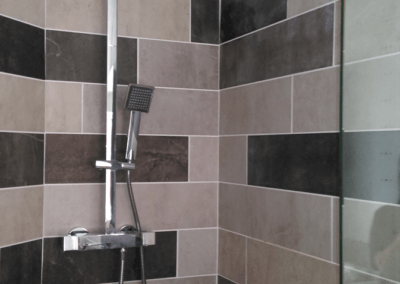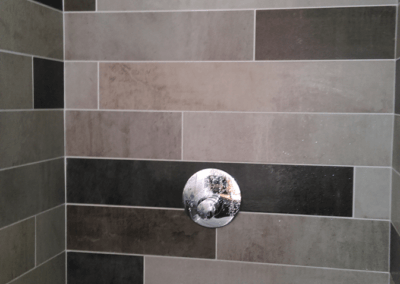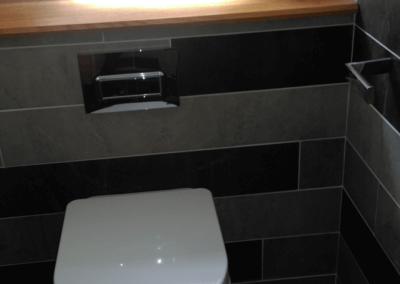helpful tips
ARE YOU IN CONTROL OF YOUR HEATING?
As we move from Summer towards Autumn many of us have started to notice the cooler evenings, but before you turn on the heating take a moment to think... are you in control of your heating? Whilst no one is suggesting you should freeze, staying in control is key,...
WHICH TYPE OF BOILER IS FOR YOU?
Thinking of updating your boiler but a little confused by the choices? Deciding which boiler is right for your home can be confusing. Efficiency and practicality are key to make sure it will fit in with your home and lifestyle. If you are just changing your boiler...
showcase
key terms
Condensing Technology
Changes to government legislation and technology advances in boiler design has driven boiler designs to condense to ensure as much heat as possible is converted into useful heat for your home. By condensing, your boiler will ensure at least 90p in every £1 you spend on gas or oil will be converted into heat for your home comfort
Condensate
Along with heat, when gas or oil is burned within your boiler condensation is also created. This can be seen in the gases which plume out from the boiler, something that is especially noticeable in cold weather. However in addition to this condensate being discharged in the air, condensate also collects inside the boiler and is drained away either inside or outside your home. This is safe and nothing to worry about.
However if your condensate pipe has not been terminated according to boiler manufacturers installation guidelines, there is a chance it could freeze in severe weather conditions. Please contact your installer in this instance or see here for advice on how to rectify this yourself.
ErP Rating
The ErP Rating is a new requirement set by the European Union which is designed to drive improvements in the efficiency and performance of heating and hot water products. The ErP rating introduces new efficiency classes from A++ to G which are displayed on a labels which come with the boiler. ErP labels are already a common sight on washing machines, televisions and other appliances within electrical retailers.
Flue
The flue is the part of the boiler which allows exhaust gases to exit the boiler. The flue is typically situated directly behind the boiler enabling waste gases to exit safely straight out of the external wall of your home.
Flow Rate
Quoted for Combi boilers, a flow rate represents how many litres of hot water comes out of the tap in a minute. Your flow rate is determined by the amount (and pressure) of water that is entering your property from the water main and the ability of the boiler to heat that water to the temperature you have set. The more powerful a boiler is (represented in kW), the faster the boiler will be able to heat the water coming into your home.
However it is important to recognise a high kW output will not always increase your flow rate. If you have 10 litres per minute coming into your property, you will only be able to receive 10 litres per min of hot water. For example having a boiler that has a maximum flow rate of 14 litres per min will not increase the amount of hot water you receive, if you only have 10 litres per min coming into your boiler.
Gas Safe Accreditation
Gas Safe Accreditation is the hallmark for gas safety in the UK. An installer must be on the Gas Safe Register to be legally allowed to work on your boiler or any other gas appliances in your home. www.gassaferegister.co.uk
OFTEC Accreditation
OFTEC is a trade association that takes a lead role in setting industry standards of oil-fired boilers. OFTEC manages a competent person registration scheme, enabling you to find installers who install, commission and service oil-fired products. We always recommend that you choose a qualified OFTEC installer for your installation. www.oftec.org
Open Vent
This is a term which is also used to describe a Regular boiler type. A Open vent system will have a “Open Vent” and tanks within the loft space. This type of heating system is typically common in older properties.
SEDBUK Rating
SEDBUK stands for Seasonal Efficiency of Domestic Boilers UK. It provides a rating structure which provides both a percentage efficiency score as well as A to G rating enabling an easy comparison of boilers. SEDBUK has been integrated to the recent ErP labelling directive.
Standard Efficiency (G Rated)
Old “Standard Efficiency” boilers waste large amounts of heat as they don’t Condense and recycle the heat before it leaves your boiler via the flue. In the current SEDBUK rating structure a Standard Efficiency boiler would be deemed G-rated and is likely to be 30% less efficient* than a new A-rated boiler.
System Filter
A system filter is a specifically designed unit which aims to remove and filter magnetic and non-magnetic contaminants from your central heating system before they reach your boiler. A system filter fitted to your heating system pipes prior to your boiler is recommended to help prevent any damage to key components.
System Flushing
Over time oxygen in the heating system can react with the metals and components of a heating system such as radiators to produce magnetite (rust) particles, which becomes suspended in your system water. This process and the build-up of other chemicals (such as lime scale) can quickly cause blockages and damage key components within the boiler and system. To prevent this a process of thorough system flushing should take place when fitting a new boiler onto an old heating system. This process involves forcing old system water out of the heating system, whilst simultaneously filtering the system until all of the old water and contaminants are removed. Finally inhibitor and a system filter is added to prevent any future sludge and contaminants from building up.
TRV
Thermostatic Radiator Valves (TRV’s) enable you to control the individual temperature of each room in your home, and can be adjusted to the comfort levels you want. The higher the number selected on the TRV, the hotter the radiator and warmer the room. Please note a TRV should not be fitted on a radiator in the same room as a room thermostat.
Weather Compensation
Weather Compensation is a feature which is programmed into selected boiler controls and boilers. Designed to improve comfort, the feature automatically adjusts the temperature of your system to compensate for the weather outside. E.g. if the temperature outside drops, your radiators will run hotter, whilst if the temperature increases the boiler produce less heat, reducing your running costs.
t: 01562 710151 | m: 07936 326730 | e: info@amdgas.co.uk
Get in touch...
t: 01562 710151
m: 07936 326730
e: info@amdgas.co.uk
